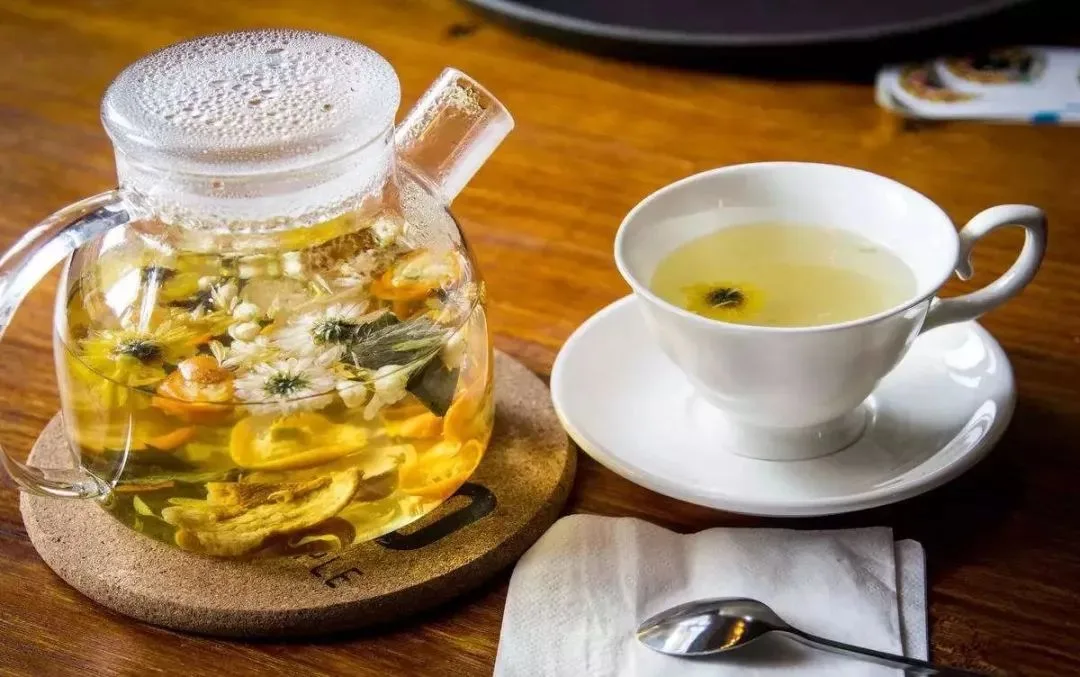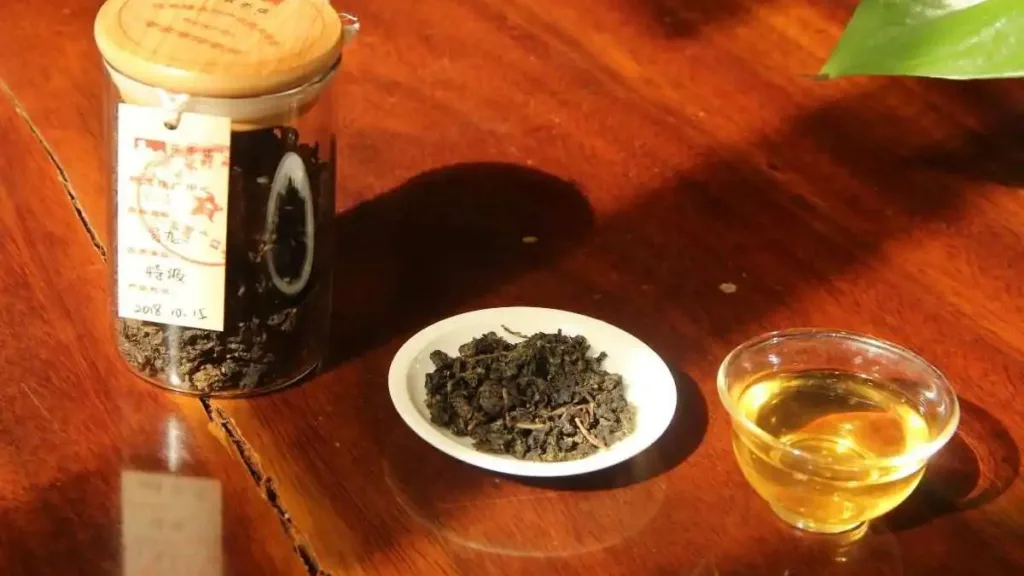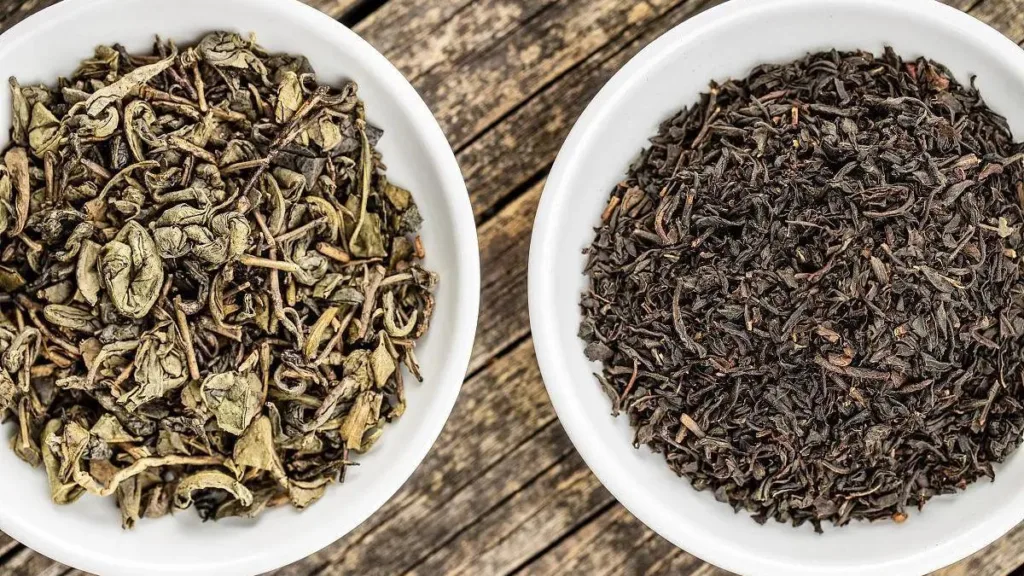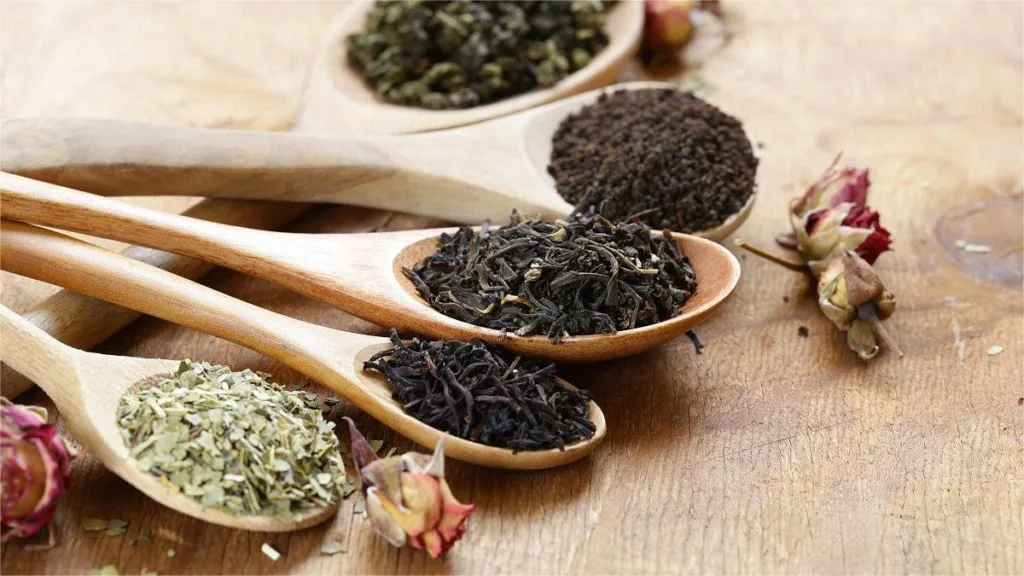Tea, a beverage deeply rooted in Chinese culture, initially served medicinal purposes in ancient times. The earliest usage involved chewing tea leaves to harness their healing properties. As time progressed, tea evolved from a therapeutic ingredient to a brewed soup and eventually transformed into the widely consumed beverage we know today. Ancient Chinese texts abound with rich accounts of tea’s medicinal benefits, with the earliest reference attributed to the legendary figure Shennong, who supposedly tasted a hundred herbs and used tea to counteract the effects of seventy-two poisons.
Several ancient Chinese healing teas were commonly employed by people based on their individual needs and health conditions:
- Vinegar Tea (醋茶)
- Ingredients: 5g tea leaves, water, 1 ml aged vinegar.
- Method: Brew tea for 5 minutes, add 1 ml aged vinegar.
- Benefits: Alleviates stomach issues, promotes blood circulation, and treats toothaches, injuries, and gallbladder worm conditions.
- Sugar Tea (糖茶)
- Ingredients: 2g tea leaves, 10g brown sugar, hot water.
- Method: Steep tea in hot water for 5 minutes, consume after meals.
- Benefits: Strengthens the middle, aids digestion, and treats constipation, abdominal pain, and menstrual pain.
- Salt Tea (盐茶)
- Ingredients: 3g tea leaves, 1g table salt, hot water.
- Method: Steep for 7 minutes, then drink.
- Benefits: Clears vision, reduces inflammation, eliminates phlegm, and soothes sore throat, effective for colds, coughs, inflamed gums, and red eyes.
- Honey Tea (蜜茶)
- Ingredients: 3g tea leaves, water, 5 ml honey.
- Method: Brew tea for 5 minutes, add warm honey, consume after meals.
- Benefits: Relieves thirst, nourishes blood, moistens lungs, and benefits the kidneys, suitable for weakness, poor mental health, weak digestion, and constipation.
- Milk Tea (奶茶)
- Method: Mix a spoon of tea juice with two spoons of boiled milk.
- Benefits: Strengthens the spleen and stomach, improves eyesight, suitable for the weak, those with poor digestion, and individuals recovering from serious illnesses.
- Chrysanthemum Tea (菊茶)
- Ingredients: 2g tea leaves, 2g chrysanthemum, hot water.
- Method: Brew with boiling water.
- Benefits: Clears the liver, improves vision, clears heat, detoxifies, and treats dry cough and sore throat.
- Jujube Tea (枣茶)
- Ingredients: 5g tea leaves, hot water, mashed red dates (added after brewing).
- Benefits: Strengthens the spleen, nourishes deficiency, especially suitable for children with nocturnal enuresis and poor appetite.
- Silver Tea (银茶)
- Ingredients: 2g tea leaves, 1g honeysuckle flowers, hot water.
- Benefits: Clears heat, detoxifies, prevents heatstroke, and is effective for fever, abscesses, and enteritis in hot weather.
- Orange Peel Tea (橘红茶)
- Ingredients: 3-6g dried tangerine peel, 5g green tea, steamed for 20 minutes.
- Benefits: Moistens the lungs, eliminates phlegm, regulates qi, and relieves cough; suitable for autumn coughs with excessive phlegm.
These teas were valued for their various health benefits in ancient China:
- Tea for Detoxification:
- Rich in antioxidants and vitamins, tea effectively reduces free radicals, strengthens the immune system, and protects the body from oxidative stress.
- Tea for Stress Relief:
- Caffeine and theophylline in tea stimulate the central nervous and cardiovascular systems, promoting blood circulation and alleviating stress, anxiety, and depression.
- Tea for Metabolism and Fat Burning:
- Tea’s catechins boost metabolism, accelerate fat breakdown, and aid in weight management. Its diuretic effects also contribute to waste elimination.
- Tea for Antioxidant Health:
- Ancient beliefs in tea’s health benefits were rooted in its antioxidant properties, with tea polyphenols and other compounds combating free radicals and supporting overall well-being.
In conclusion, the ancient Chinese not only enjoyed tea for its taste but also recognized its therapeutic potential. These healing teas were carefully selected based on their unique properties, catering to diverse health needs and contributing to the holistic well-being of individuals in ancient China.



